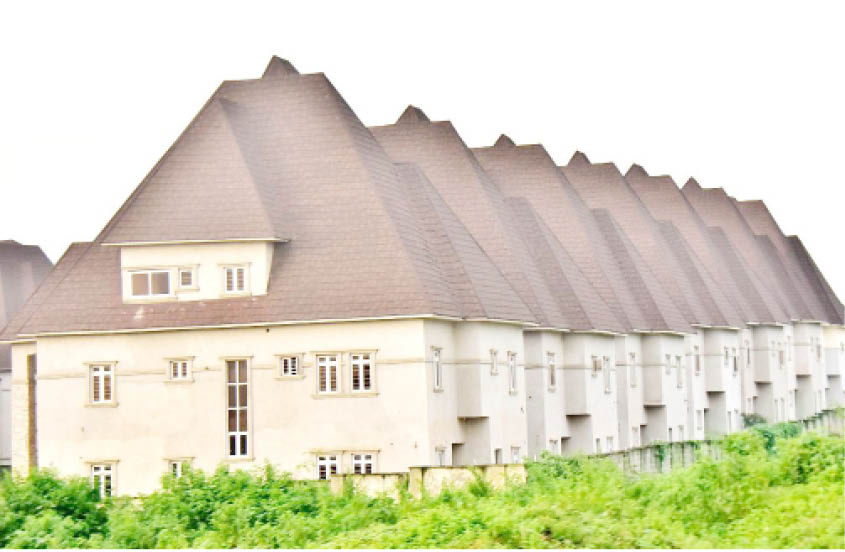How to manage estate life cycle — Expert
Buildings and properties generally get obsolete and lose their value. They decline or depreciate in their economic, functional and physical…

FILE PHOTO
Buildings and properties generally get obsolete and lose their value. They decline or depreciate in their economic, functional and physical worth hence the need to constantly maintain them to retain their premium quality and ensure longevity.
According to an accomplished real estate surveyor and valuer based in Abuja, Alhaji Hakeem Ajao, since real estate is a huge investment hub, not just in Nigeria but globally, it is important that the life cycle of property is managed efficiently for optimum benefits.
He said professionally, when properties lose their value as described above, it is referred to as obsolescence.
Ajao explained that obsolescence is used in describing the state of buildings or facilities falling below contemporary standards.
- Aare Musulumi awards scholarship to 4 LASU first class female Muslim students
- BDCs record boom in Lagos, lull in Abuja, Kano
He said, “These standards vary with time and place. Economic obsolescence refers to the loss of value of a real estate property due to factors that are external to the property change, while functional obsolescence refers to the loss of property value due to an obsolete future due to some elements of its architectural design, changing market taste.
“Functional obsolescence in real estate describes a property that has decreased in desirability or functionality due to an outdated design.”
He stressed that obsolescence is inevitable to any real estate property that has been exposed one way or the other to some conditions that are human or natural.
“Thus it’s obvious that all real estate properties are very prone to the menace of obsolescence as it adversely affects property values. From the moment an estate is developed, its physical structure begins to decline in usefulness and value due to obsolescence.
“This rhythm of obsolescence and renewal is called ‘Estate Lifecycle’; a situation of decline which varies considerably from estate to estate but in most cases, there is a series of recognisable phases through which a building passes before it is finally worn-out and ready to be cleared away and replaced by something new,” he added.
Ajao further said it is sometimes difficult to describe in details the pattern of an estate lifecycle but that there are main stages experienced by most estates.
He identified the stages as the pre-development stage, the initial or newly developed stage, middle life stage, old age stage and total obsolescence stage.
The estate surveyor and valuer, however, said there are “curable measures to be adopted in the management of real estate properties.”
He explained that to ensure a property maintains its value and can bring handsome return on investment, the facility or estate manager, has to make “periodic and routine checks on the property.”
“Injection of funds and attention to the immediate management problems of the property are essential. Maintenance of structures and services should not be neglected.
“Estate surveyors and valuers should at all times be able to attend to management problems from time to time which are the antidotes to the issue of obsolescence,” he added.
It has been established that the average life span of a house in the United States is about 50-70 years but less in Nigeria. But houses can last for decades if they are well-maintained and have been constructed with quality materials. A poorly built home may not last more than 20 years.
